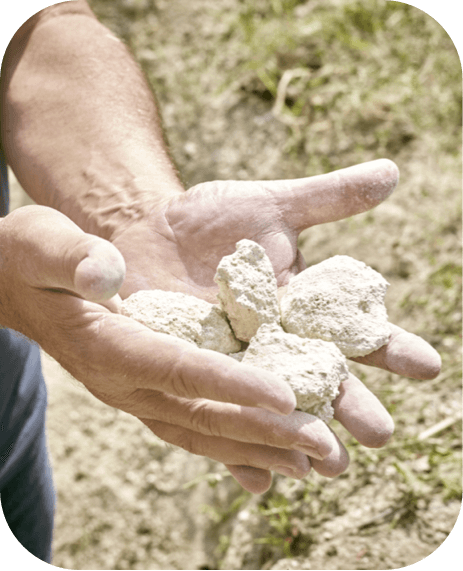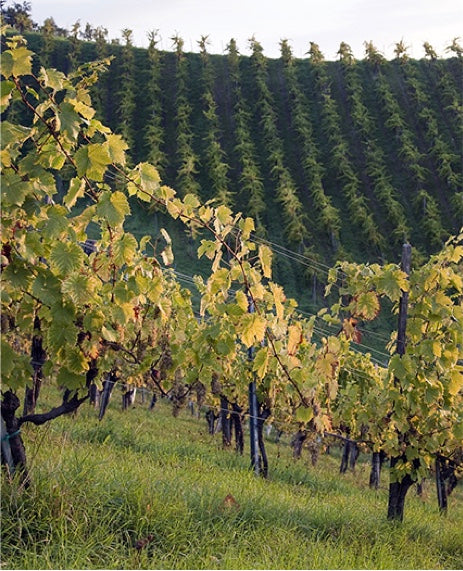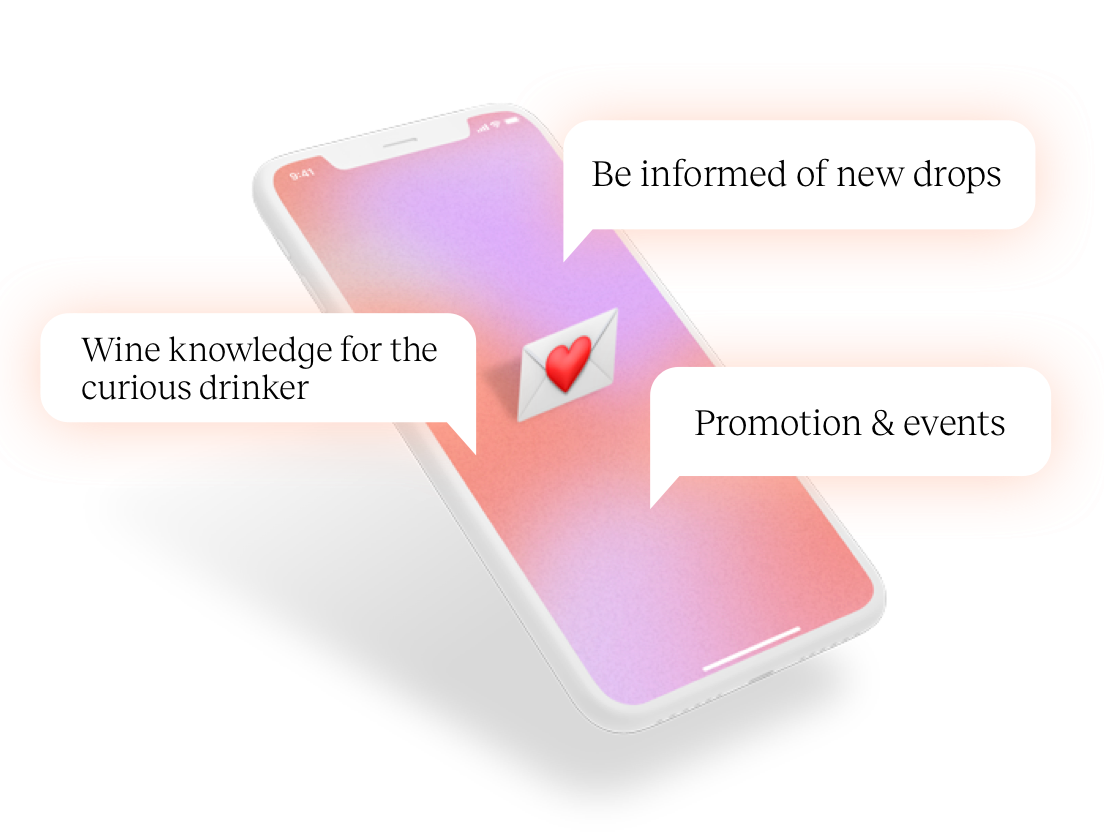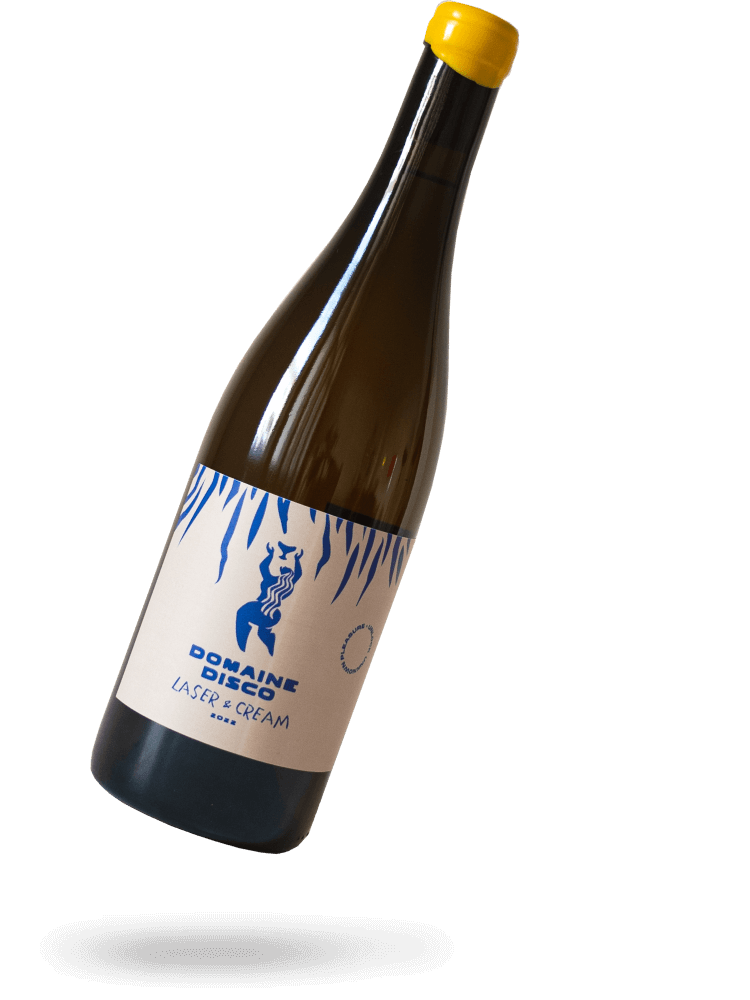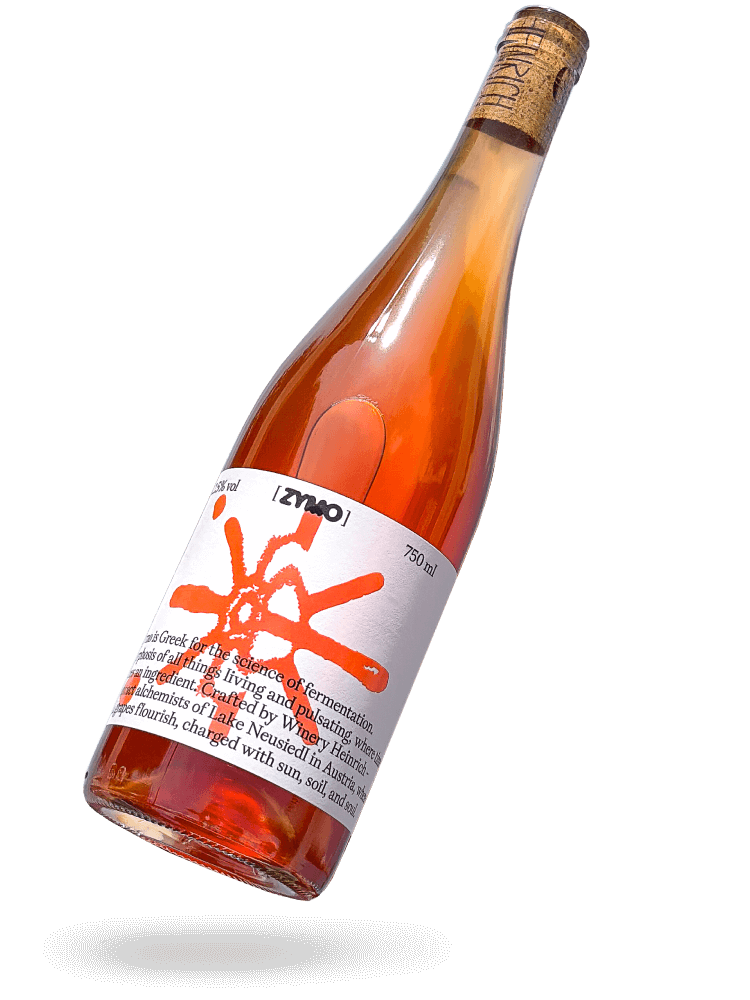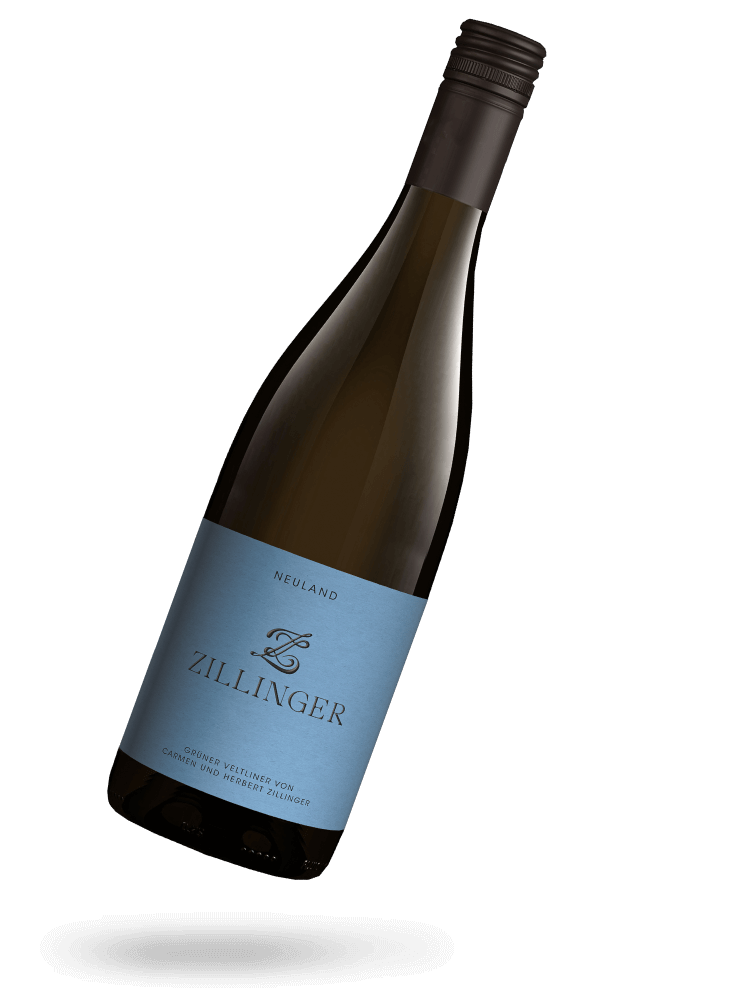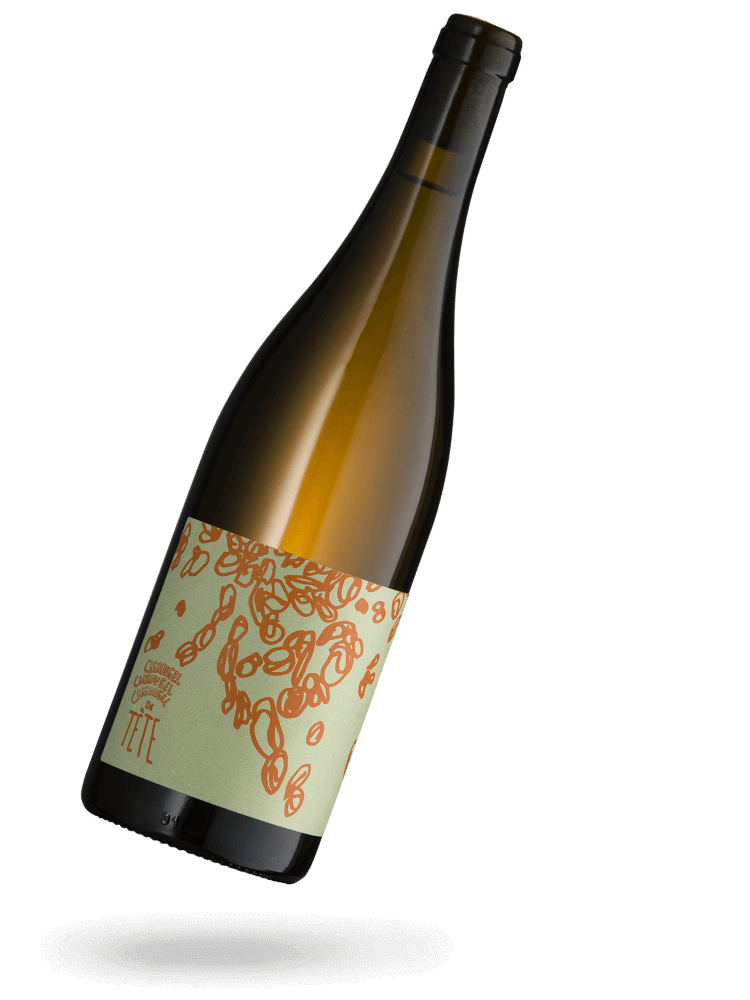Around the globe: Natural wines from Austria are in high demand
The Austrian natural wine community emerged in Styria in the early 2000s and blossomed in the 2010s together with the natural wine fair Karakterre, organised by Croatian wine importer Marko Kovac, which is also financially supported by the Austrian state. Thanks to winemakers like Maria and Sepp Muster from Styria and Eduard Tscheppe and Stephanie Tscheppe-Eselböck from Gut Oggau in Burgenland, Austrian natural wine is now the rage in natural wine bars from Tokyo to Brooklyn.
In the meantime they have become the superstars of the Austrian natural wine scene and their wines can be found around the globe. The trend "Natural Wine" is booming, and next to France - the cradle of natural wines - Austria is clearly at the forefront. Connoisseurs increasingly want to buy Austrian natural wine. This is thanks to the visionary winemakers Christian Tschida, Sepp Muster, Fred Loimer, Werlitsch, Franz Strohmeier, Gut Oggau, Gernot Heinrich and many more. No wonder, then, that most of the wines from Austria are exported outside of Austria; they are particularly popular overseas and in Scandinavian countries.










